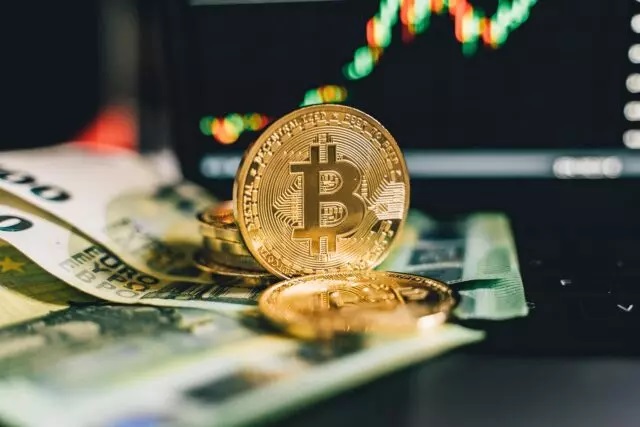
Bitcoin has hands-down been called the father of cryptocurrency for years now. It was the first blockchain-based currency that was in circulation and has grown slowly but steadily in popularity over the ages. Blockchain technology has fascinated experts for ages due to the clean and secure processes that lead to seamless and faster transactions. It was initially developed by Satoshi Nakamoto although his identity is still unknown.
Bitcoin has revolutionized the world and the potential of this cryptocurrency paved the way to the other crypto. These were called altcoins and they turned out to be an improved and better version of Bitcoin. However, Bitcoin still remained popular. To further gauge its popularity click here to see an example of a site that has been created based entirely on Bitcoin.
Although, quite recently, it saw a huge dip in sales because of Elon Musk, Tesla’s CEO, as he said Tesla would stop dealing in Bitcoin henceforth. This was a green step as he said Bitcoin’s primitive blockchain technology led to more emissions and harm to the environment.
However, to promote the use of cryptocurrency, many famous companies like KFC, McDonald’s, Burger King, etc. have said that they would slowly start accepting Bitcoin payments. Even PayPal has said they were going to incorporate Bitcoin transactions in their payment services.
Major Concerns about Bitcoin
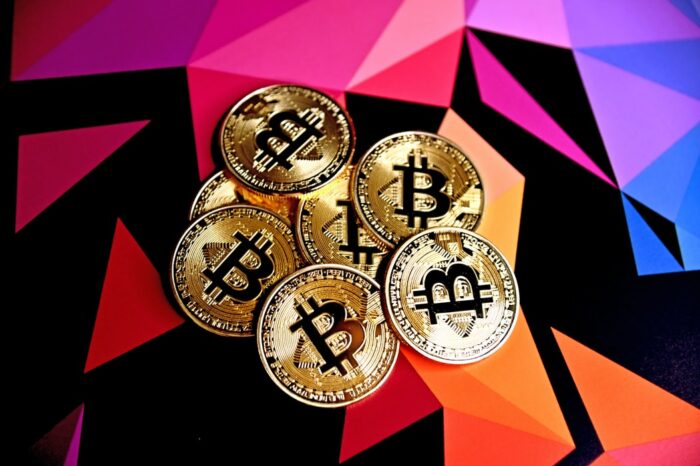
While Bitcoin can be highly celebrated, Bitcoin can also be volatile. The recent plunge was an example of it. Bitcoin’s value has now recovered. This volatility may cause issues but you can avoid it by freezing it or putting it on hold as fiat. With the coming up of other better altcoins like Ethereum which is dominating the NFT markets and Dogecoin which Tesla is wildly endorsing, Bitcoin may take a back seat.
One of the main problems with the flawless security and safety of the payment aspect of Bitcoin is how stable the entire process is. In fact, cancellation of the payment may cause an issue here! Many cryptocurrency users can relate to a situation where they might have sent funds to the wrong recipient.
This is so secure in the process, that it cannot be undone. In fact, Bitcoin, Ethereum, and Bitcoin Cash networks are constructed to conduct payment in this seamless way. However, there are a few steps you can take to find out if you can cancel a Bitcoin transaction or not. Here are a few tips that would help you.
1. Check if your transaction has been confirmed

This is the first and foremost thing you have to see. The confirmation of the transaction is very important. You would get a really long string of letters and numbers which would be your transaction ID. You would have to take this and feed it into a block explorer.
One example of a block explorer is Blockchain.info. These are used to check for records of transactions and update really fast, so you would not miss any entries. You can even see the number of confirmations on the succeeding page. If confirmations are more than 0, cancellation is nearly impossible because it is generally permanent.
If there are no confirmations, you can halt the process with a few options. If there are confirmed transactions, it means the recipient has received them. In case, you want the Bitcoin back, you can contact them if possible and retrieve it with their approval. They would have to send it back to you.
2. Opt for a Replace by Fee (RBF) for an unconfirmed payment
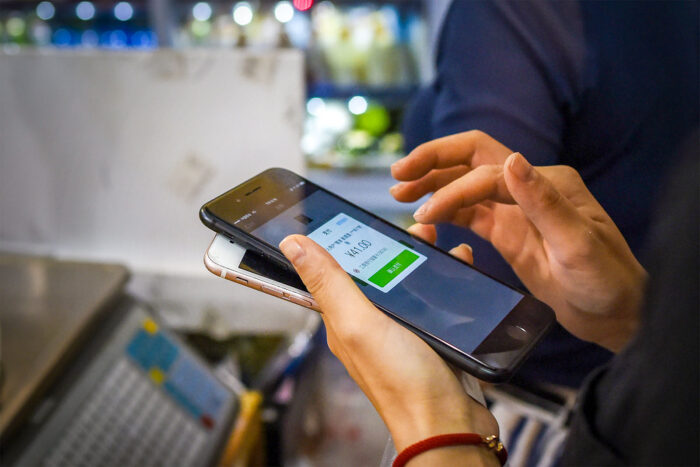
Depending on the wallet you used, there are options offered to replace your original transaction with another one that has to be availed of at a higher fee. This unsticks your payment process and you would be able to cancel it.
To use this option, while making the original transaction, you would have to make it replaceable by checking the box. A few wallets offer this option and it is safer generally to select it for times like these. This is the most popular method and requires certain conditions. If somehow your transaction has made use of these options, then an RBF would be completely possible.
3. Employing Double-Spending with higher fees
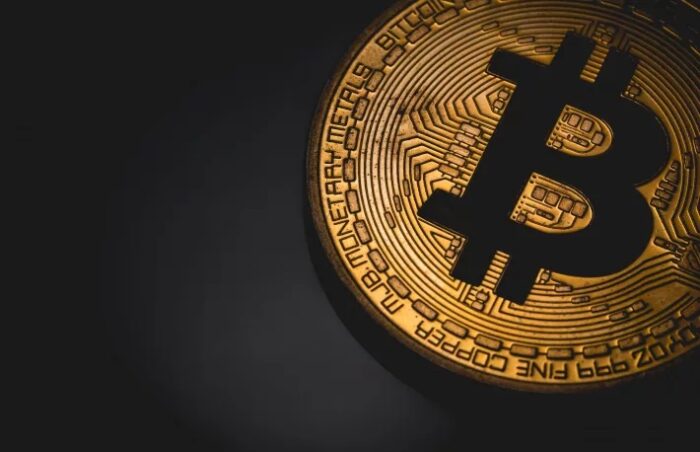
This method requires another wallet or software that permits double-spending. This ensures you can make yet another transaction which should mandatorily be of a more amount than the original one and you have to send it to yourself.
What happens is that this transaction will be broadcasted on the network which would be received by the mining authorities. They will redirect your Bitcoin back to you. Higher valued transactions are generally given more preference, hence the original would be disregarded.
However, due to this, many wallets do not offer this option and can even have barriers against it. So, depending on which wallet you used for the original transaction, this way of canceling the transaction may fail.
It can be quite daunting to not get the money back but don’t lose heart. Just try to avoid mistakes in your further transactions.
Tips to avoid availing of the cancellation of a Bitcoin transaction
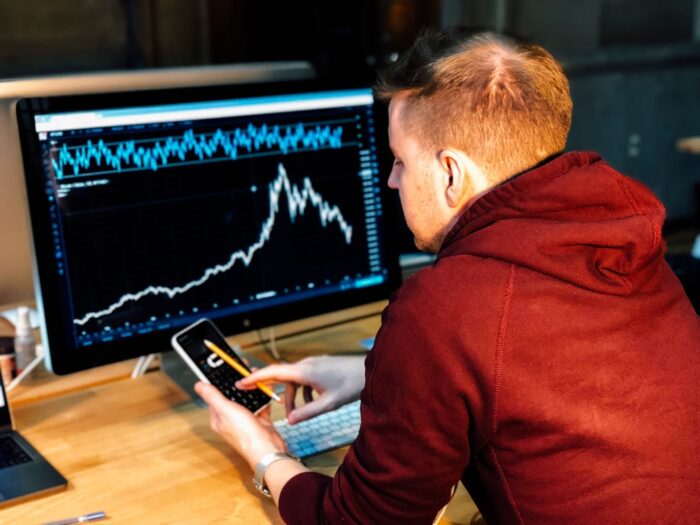
Try to make sure all the details, the amount, and the decimal digits are proper. Double-check all the transaction details, as paying through Bitcoin is almost like a point of no return. Make sure you have wallets that have options that allow you to have replaceable transactions.
Form two wallets for emergencies from the beginning so that you can use them if things go downhill. Above all, do not lose hope. If you are unable to cancel it, it is okay, you can avoid it the next time.
Conclusion
Bitcoin may seem scary when you think about this aspect but keep in mind, banks and credit card transactions also have hassles. They bring up issues of the payment itself but have a canceling option. Bitcoin will not create a single hassle with respect to the actual payment process. Cancelling a transaction is also important only when a mistake is made, so be careful, check everything thoroughly, you won’t have any issues with Bitcoin.














